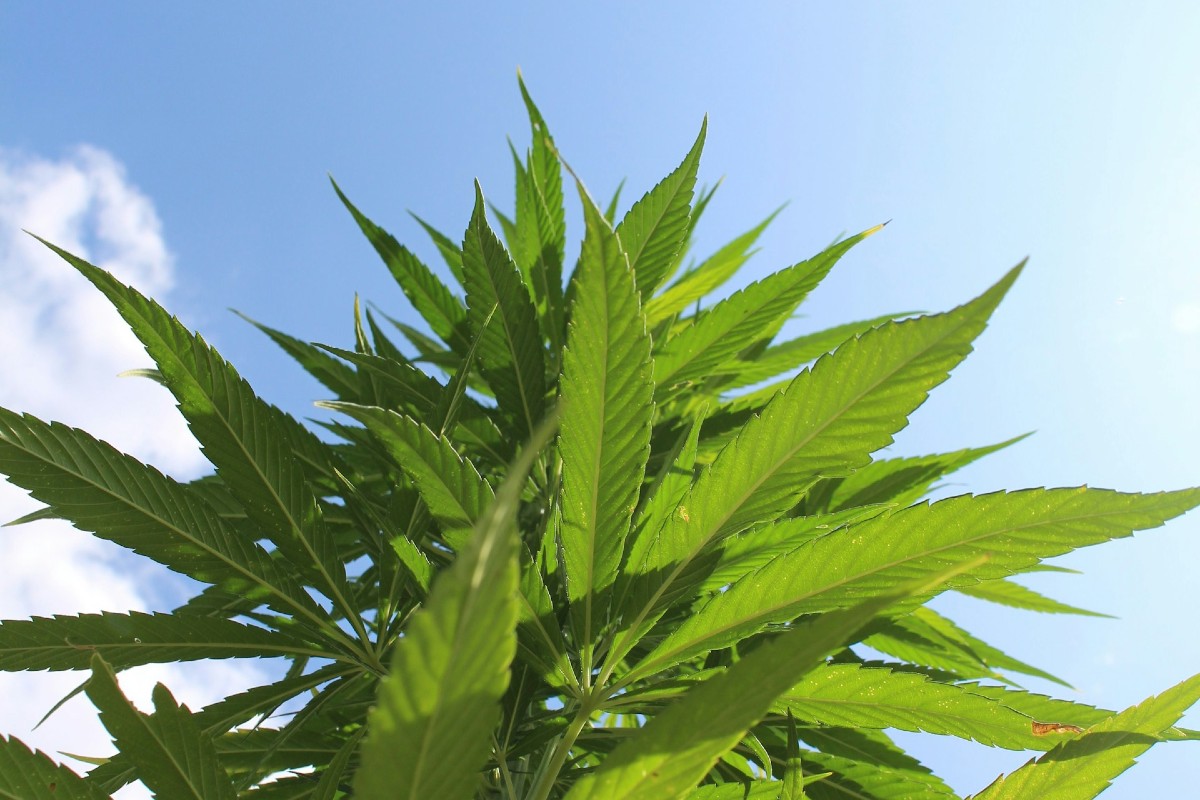[[{“value”:”
The number of South Carolina’s licensed hemp farmers has fluctuated widely since a commercialization experiment began in 2018. The number of farmers soared to 265 in the first two years, riding high hopes and big-dollar dreams, but crashed to just 98 in 2024 as hemp prices fell from up to $30 per pound to less than $5.
Part of the blame is on the saturation of the market across the nation, according to industry experts. An imbalance of supply and demand has only been exacerbated by tight regulation on the farming side and a lack of regulation on the retail end, leading to confusing laws and limits that have already scared some local companies away.
For example, under South Carolina law, farmers can only grow hemp containing 0.3% or less of THC, the psychoactive substance found in marijuana. But with no specific regulations for products like seltzers and gummies, the larger retail market has been left uncertain about what’s legal and what isn’t. Laws can vary from county to county and even city to city.
Despite the fluctuations, South Carolina is poised as an industry pioneer in the U.S., and Charleston is at the heart of a lot of it. With several local companies producing everything from essential oils, tonics and salves to THC-infused drinks, gummies and more, consumers in the Lowcountry have no shortage of options to get high or soothe their minds.
New small stores like Airavata Vapors continue to open doors to customers, while longstanding groups like Charleston Hemp Collective and I Heart CBD lead the charge in the ever-evolving landscape of cannabis products.
Industry leaders say what’s needed for the industry to see another spike primarily rests on the federal government, where advocates are waiting on uniform national standards. With federal regulations, even big-box retailers like Walmart would be able to carry hemp products in all 50 states.
PREVIEW: The April 18 issue of the Charleston City Paper includes a package of stories related to hemp in honor of April 20, or 4/20, a date lauded by the cannabis community since the early 1990s as a special sort of high holiday.
Popularized by Steven Hager of the monthly magazine High Times in May 1991, the date has been erroneously attributed to other urban legends surrounding smoking weed, including it being related to police code or even Bob Marley’s birthday.
But whatever makes you circle the date on your calendar in your favorite green ink, April 20 has become an international counterculture holiday, inspiring advocacy events for liberalization and legalization across the globe. For us at the City Paper, it’s just an excuse to write about one of our favorite subjects.
Help keep the City Paper free.
No paywalls.
No subscription cost.
Free delivery at 800 locations.
Help support independent journalism by donating today.
[empowerlocal_ad sponsoredarticles]
“}]] 4/20 issue on the way: The number of South Carolina’s licensed hemp farmers has fluctuated widely since a commercialization experiment began in 2018. Read More


